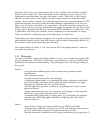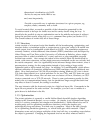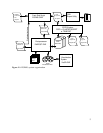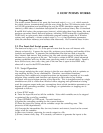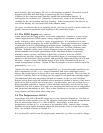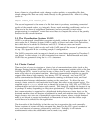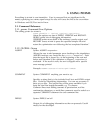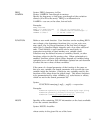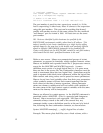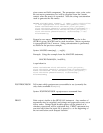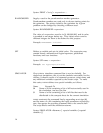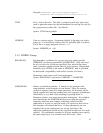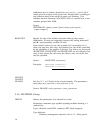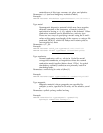3. USING POEMS
Everything in POEMS is case-insensitive. Case is preserved but not significant in file
names; specifying two names equal except for case will cause the first to be overwritten
in Windows and OS/2 but not in Linux.
3.1. Command Reference
3.1.1. poems Command-Line Options
The calling syntax for POEMS is
poems parmfile <- option1 <option2 <option3>>>
where the options are one of DEBUG VERBOSE and RESTART.
DEBUG prints lots of debugging information,
VERBOSE prints more detail in the ordinary console output, and
RESTART causes POEMS to parse the specified simplex file and
restart the optimization run following the last completed iteration."
3.1.2. GLOBAL Group
ASSERT Syntax: ASSERT <expression>
Allows the user to add parameter error checking to the simulations.
ASSERT functions very much like the assert() macro in C. Each
time the input file is parsed (i.e. at the beginning of the run and
before each iteration of the optimizer or stepper), <expression> is
evaluated. If the result is zero, the run is stopped and a specific
error message printed.
Example: ASSERT SourceZ ≤ Zsize-Tpml-lambda
COMMENT Syntax: COMMENT anything you want to say
Specifies a string that is to be included in all text and HTML output
files. Useful for identifying information. You can use as many of
these as you like. The output files will be more readable if you
keep the total line length reasonable, e.g. 75 columns.
Comment lines treat trailing commas as punctuation, not line
continuation characters, so multi-line comments must be coded as a
separate COMMENT statement for each comment line.
DEBUG Syntax: DEBUG on|off
Output lots of debugging information as the run proceeds. Useful
mostly for the developer.
10



